If ears could do double-takes, that's what ours did this morning.
When we heard about the latest TikTok trend - Salmon Sperm Facials.
Yep. Let that sink in for a moment...
This latest beauty intel went mainstream after Jennifer Anniston revealed she'd tried it in an interview with The Wall Street Journal. (1) Supposedly it stimulates collagen and can help with cell renewal.
Or something.
The beauty world is never short of surprises, and we all know we should take most TikTok trends with a pinch of salt, but this??
Could there be any truth in it?
The idea that something from the sea can benefit our skin isn't a new concept. Marine collagen, omega-3, and seaweed face masks have all been part of our beauty routines for years.
And whilst this latest trend is perhaps gaining traction through shock tactics. It's not totally inconceivable there could be some facts in there.
Marine collagen and EPA from fish oil in particular, have been highlighted for their skin-enhancing properties.
Both of which can be sourced from salmon.
So what are the differences and similarities between the two? And what does each of them do for our skin?
Key Takeaways
Pushed for time? Here's everything you need to know:
- Collagen vs. EPA – Collagen builds skin structure and elasticity, while EPA (from omega-3s) protects against inflammation and environmental damage.
- Hydration & Barrier Support – Collagen gives skin bounce and elasticity, while EPA strengthens the skin barrier and supports hydration through the phospholipid bilayer.
- Synergistic Skin Benefits – EPA helps reduce inflammation that breaks down collagen, creating the ideal conditions for collagen synthesis.
- More Than Just Skin – Collagen also supports muscle and bone health, while EPA benefits heart, brain, skin, and eye function.
-
Getting more from your collagen supplement:
- Collagen provides the necessary amino acids for fibroblast cells to produce more collagen.
- EPA, through its anti-inflammatory and antioxidant effects, creates the perfect environment for fibroblasts to thrive.
- EPA studies show it can significantly increase collagen synthesis6—making collagen and EPA the perfect partners.
- How much EPA should I be looking for in a supplement? – 250 mg is the widely recommended daily amount. Performance Lab® Omega-3 provides 270 mg of EPA along with 540 mg of DHA, delivering both collagen, and brain benefits, all in one formula.
What is Collagen?
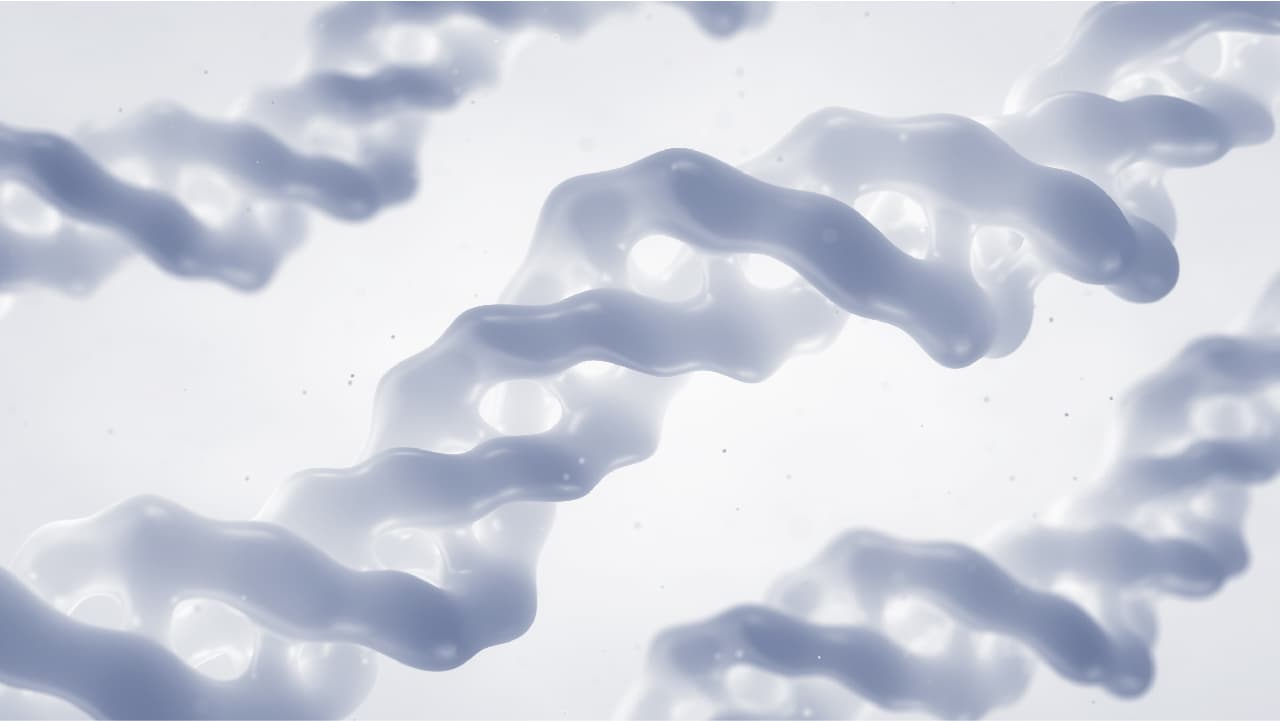
Collagen is the scaffolding of our skin. It provides structure and elasticity. Giving us that youthful bounce we're continually chasing.
Our bodies produce collagen using the amino acids glycine, proline and hydroxyproline. (2) These are predominantly found in food sources rich in protein such as meat, dairy, seafood, and eggs.
Collagen's the most abundant protein in the human body and forms the connective tissues that surround our muscle fibers.
It's not just about aesthetics.
Collagen plays a key role in skin, bone, muscle, and ligament health. (3) The bad news is collagen production starts to slow when we hit our mid 20s. (4)
After that, we lose roughly 1% every year.
As we age, it's key to replenish and support it wherever we can.
What is EPA?
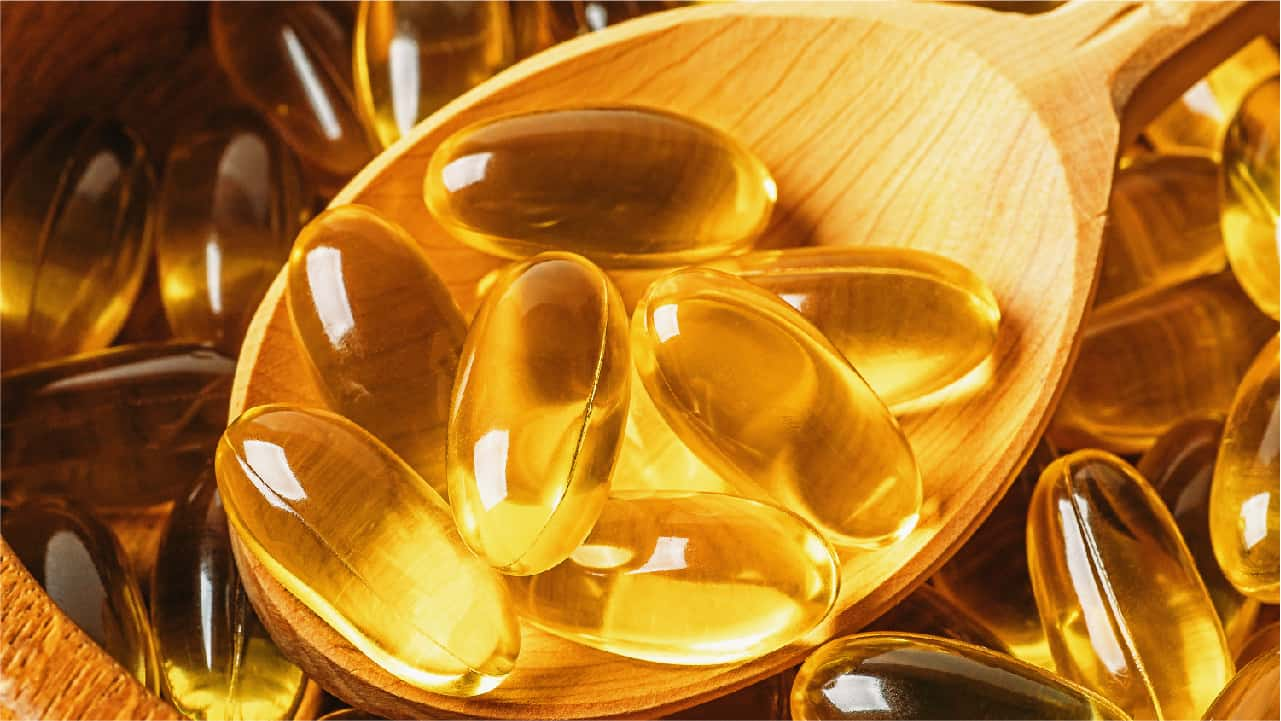
Eicosapentaenoic acid (EPA) is a powerhouse omega-3 fatty acid found primarily in fatty fish like salmon, mackerel, and sardines.
Our bodies can't produce EPA, though they can convert some alpha-linolenic acid (ALA) from plant foods, this process is inefficient.
So it's best to get EPA from our diet or supplements. EPA is known for its anti-inflammatory properties, playing a critical role in heart health, eye health, cognitive function, and mood regulation.
If collagen is the building block of our skin, EPA serves as its protector.
Do Collagen and Fish Oil Supplements Do the Same Thing for Your Skin?
The answer to this is sort of. But not really.
They share some common ground in the effect they have on fibroblasts. Fibroblasts are the cells responsible for collagen production in the skin.
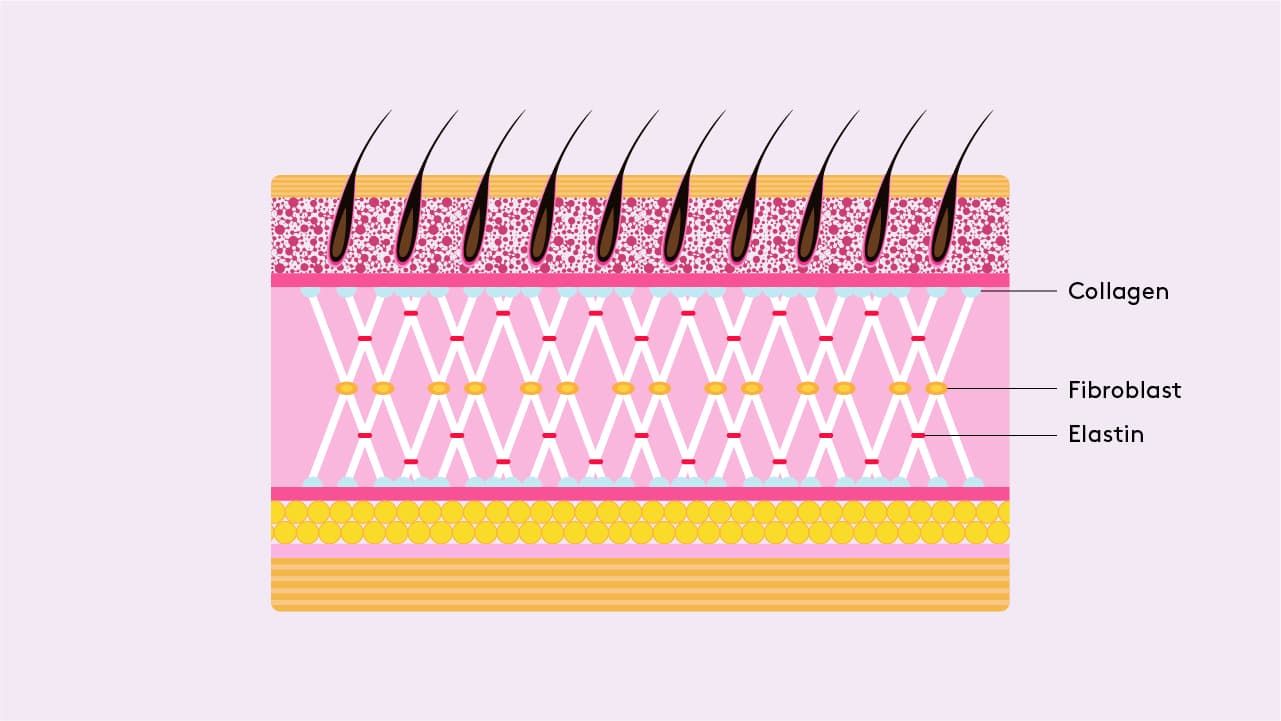
Both collagen and omega-3 supplements contribute to the health and functionality of fibroblasts.
Collagen provides the necessary amino acids for fibroblast cells to produce more collagen. (5) Which can enhance skin structure from within.
EPA, through its anti-inflammatory and antioxidant effects, creates the perfect environment for fibroblasts to thrive. A cell culture study showed that EPA can significantly increase collagen synthesis, potentially supporting the skin's collagen matrix. (6)
Together, these two form a synergistic relationship that promotes skin health. But each has its own unique benefits.
What Collagen Supplements Do for Our Skin.
Collagen supplements typically come from animal sources (bovine, porcine, or marine). These are broken down into smaller units known as peptides, that are easily absorbed by the body.
These peptides are thought to signal fibroblasts to increase collagen production. (7) Leading to improved skin elasticity, reduced wrinkles, and increased moisture levels. Clinical studies have shown that regular consumption of collagen peptides can visibly improve skin health (8) and slow the aging process, making it a staple in the beauty and wellness industry.
What EPA Supplements Do for Our Skin.
Eicosapentaenoic acid (EPA), a crucial omega-3 fatty acid, plays a vital role in maintaining skin health by supporting the phospholipid bilayer of skin cells, which helps keep the skin hydrated and plump. (9)
Beyond hydration, EPA also offers anti-inflammatory benefits, (10) regulates oil production, and protects against environmental damage like UV rays and pollution. (11) This 360 approach not only aids in retaining moisture and elasticity in the skin, but also contributes to a healthier, more resilient skin barrier. Which may reduce signs of aging and improve overall skin appearance.
Can You Take Collagen and Fish Oil Together?
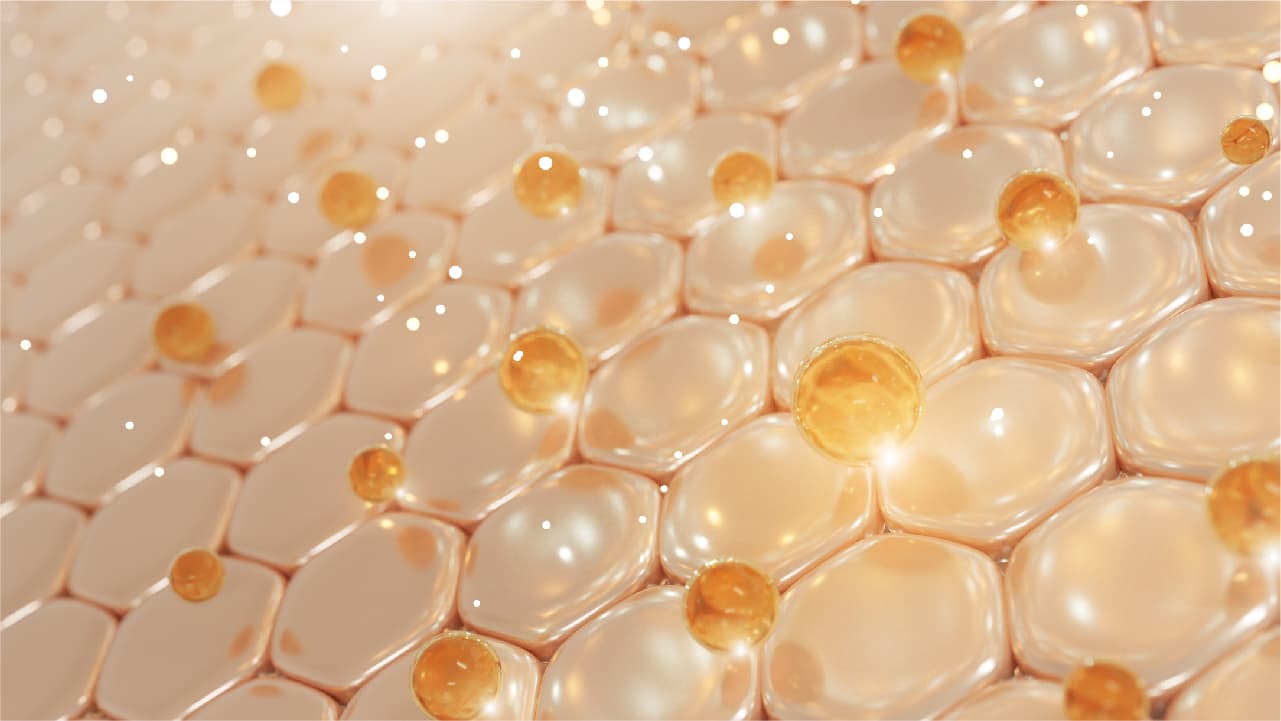
Lots of supplements work better together. But these two are the dream team.
There's no two ways about it, anyone taking a collagen supplement, absolutely should be taking an EPA rich omega-3 supplement. Here's why:
The Anti-Inflammatory Properties of EPA Enhance Collagen Synthesis: Inflammation is a key factor in collagen breakdown. The anti-inflammatory properties of EPA may reduce the inflammation that degrades collagen fibers. EPA helps provide the optimal environment for collagen synthesis. Meaning your collagen supplement may be more effective.
Improved Skin Barrier Function: EPA contributes to maintaining and repairing the skin barrier. A healthy skin barrier is crucial for retaining moisture and protecting against environmental stressors. By strengthening the skin barrier, EPA not only helps in keeping the skin hydrated but also in preserving the integrity of collagen fibers.
Synergistic Effects on Skin Hydration and Health: While collagen supplements improve skin hydration by directly boosting collagen levels, EPA further supports skin hydration through its role in the phospholipid bilayer of skin cells. This dual action ensures better moisture retention, leading to plumper, more hydrated skin.
Whole-Body Nutritional Support: Taking these supplements together provides a broader range of nutrients essential for skin health along with muscle and bone support.
Collagen, being a major component of muscle tissue, contributes to muscle mass and strength. It also plays a critical role in bone density by providing a framework that helps bones withstand pressure and impact. Omega-3 fatty acids, particularly EPA, have been shown to support cardiovascular health by reducing inflammation, lowering blood pressure, and improving heart function.
What to Look For if You're Vegan.
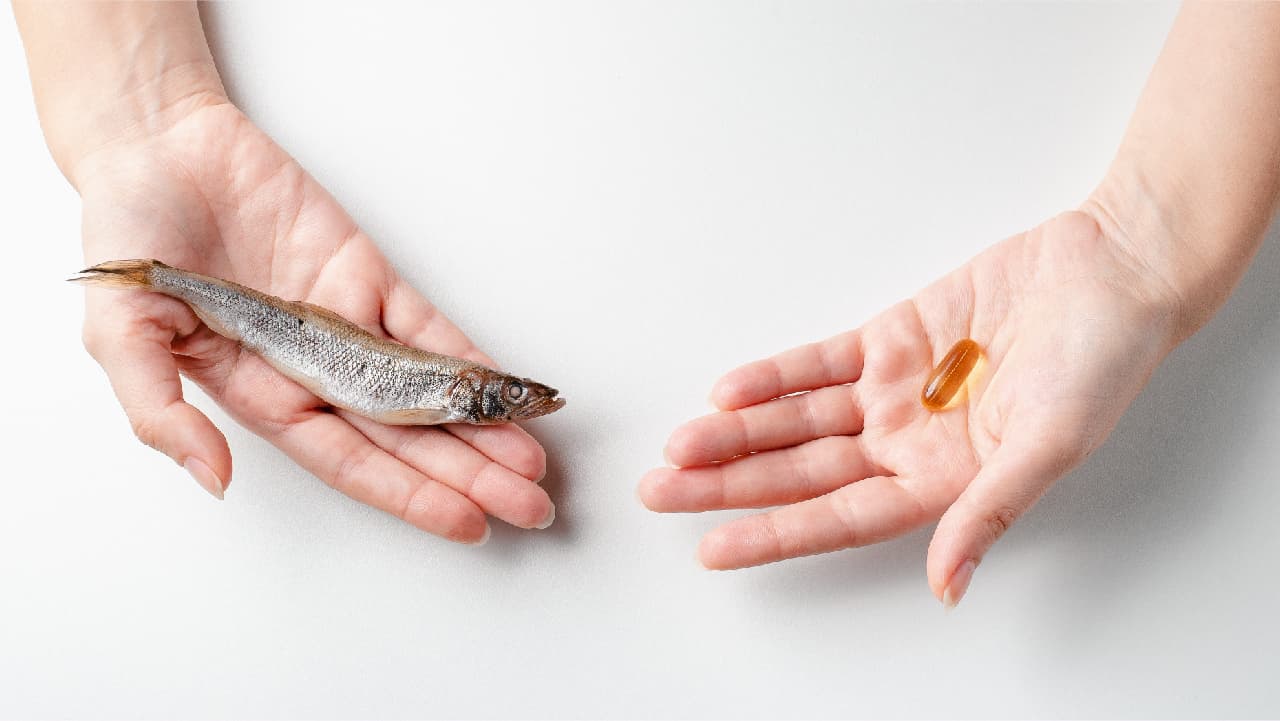
Traditional collagen supplements are derived from animal or marine sources. The good news is there a some high-quality vegan alternatives out there. Vegan collagen can be produced through various methods involving algae, bacteria, and yeasts. As well as through the genetic modification of plants to express collagen-like substances.
For omega-3s, algal oil is the popular vegan alternative that can provide both EPA and DHA. These are essential fatty acids for brain health, cardiovascular function, and inflammation reduction.
However, not all algal supplements contain EPA.
Some opt to focus solely on DHA because it carries special benefits for brain development. Since EPA is particularly beneficial for its anti-inflammatory properties and skin support, it's important to carefully check the product labels to ensure the algal omega-3 supplement you choose includes EPA.
Performance Lab® Omega-3 is from algae, the original source of omega-3s found in fish oil. It contains both DHA and EPA to ensure you're getting the full spectrum of benefits.
Is EPA The New Collagen Supplement?
EPA rolls out the red carpet for your collagen supplement to work.
Inflammation and oxidation are key factors in collagen breakdown and skin aging. Through its anti inflammatory and antioxidant properties, EPA creates the perfect environment for collagen synthesis.
Our verdict is, these two are perfect together. Why wouldn't you take both?
In fact anyone taking a collagen supplement, and wanting to maximize effectiveness, should be taking a quality omega-3 too. Combining them makes the most sense.
Remember to check your omega-3 has a good amount of EPA in it. There's no official RDA on this but 250 mg is a widely recommended daily amount.
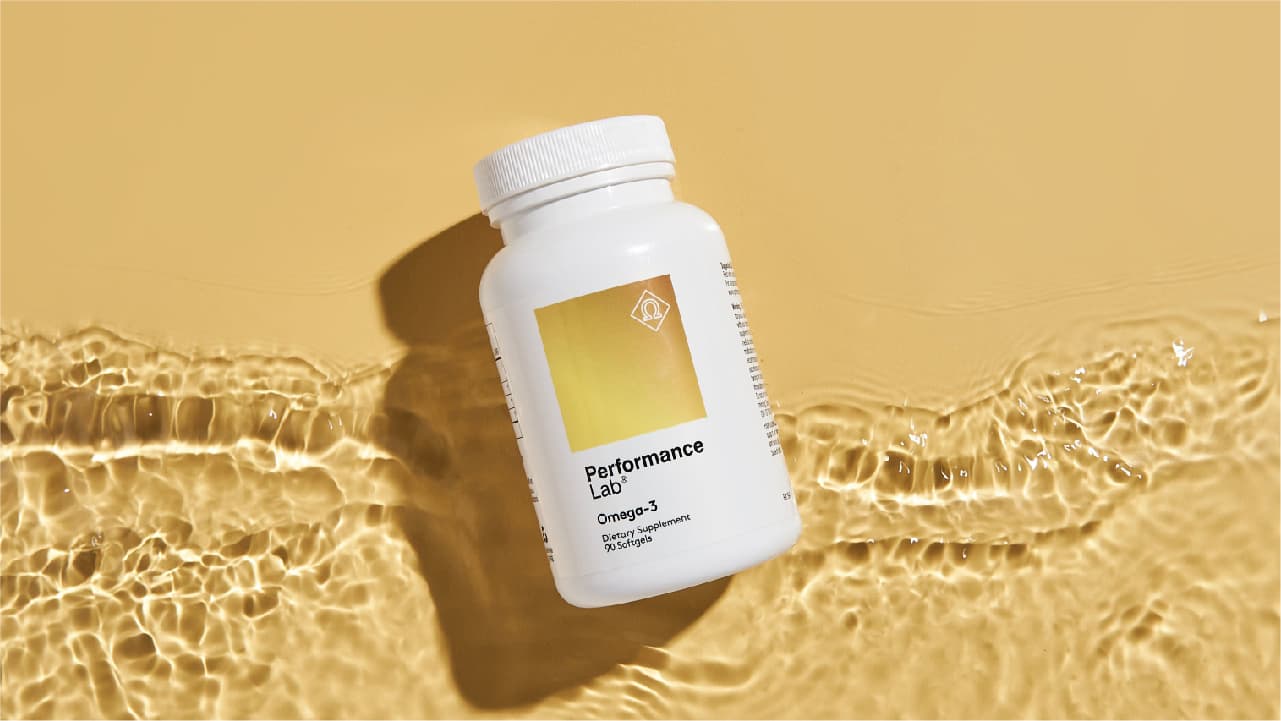
Performance Lab® Omega-3 provides 270 mg of EPA along with 540 mg of DHA.
Which means you're getting the full range of benefits. Heart, brain, eye and skin support.
And it does all of that, without harming one single salmon!















